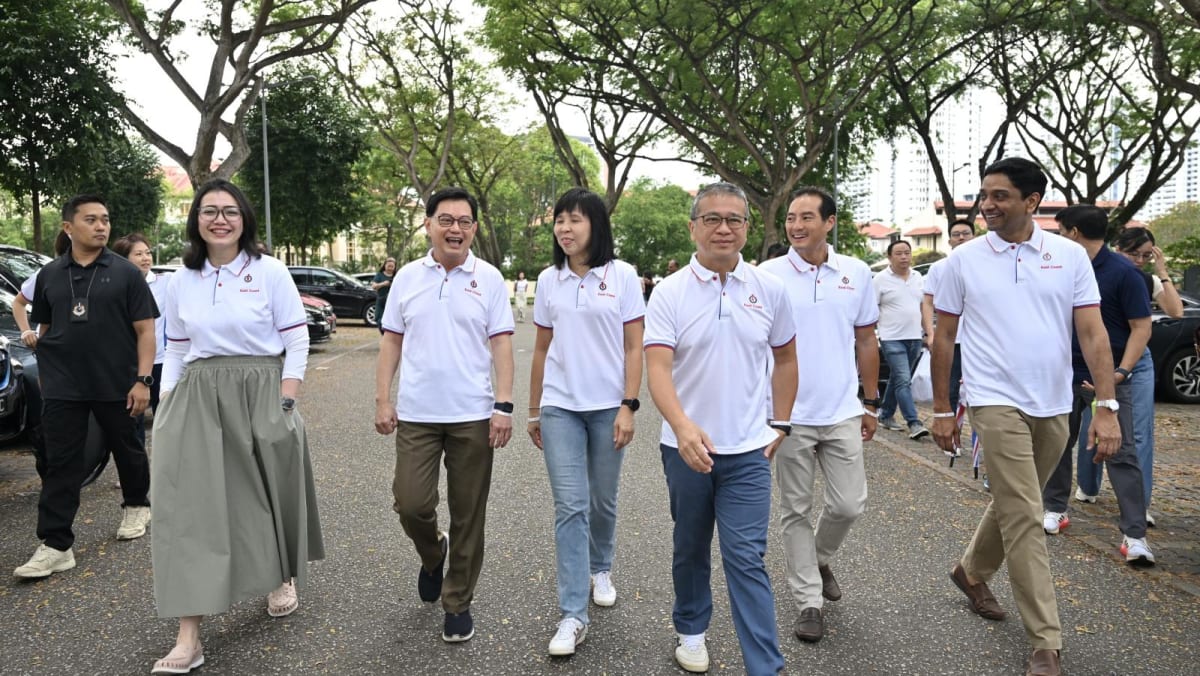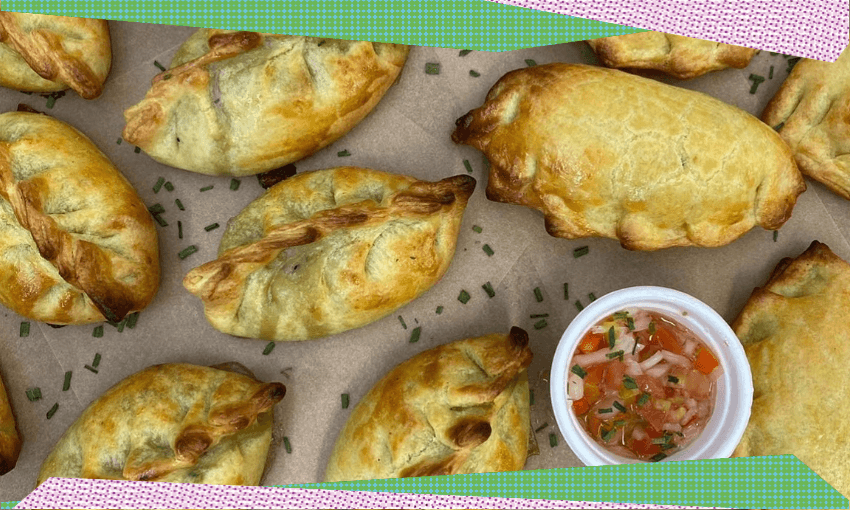Over the course of the week I saw the rapport Cunha has with his training group of athletes. They respect him, he respects them, but there was always room for good-natured fun.
“I believe in humour allowing you to work better. This is true in any environment of work. In this case, the athletes need to do things which are very hard,” he said.
“You need to feel that in your work environment (and) training group, you have connections, you have friends, you have relationships. I believe with that it is much easier to do the things you need to do.”
This is a sentiment which Pereira shares.
“What we do is very hard. It’s very taxing on your body, very taxing on your mind. You have to have some … element to make it bearable, manageable,” she said.
“If you’re in your head all the time for all the workouts, then it can be extremely draining. As you do this more and more often, it becomes way more intense. So you need some sort of humour … It’s just a very fun environment to be in while doing something very serious which is nice.”
A former lecturer at the University of Lisbon’s Faculty of Human Kinetics, Cunha is passionate about what he does.
Over the course of the week, he shared titbits on the mechanics of running, the science which goes into sprinting, as well as the various tools in his arsenal to improve athletes.
He can go on and on, Pereira told me with a laugh.
Generally, Pereira’s sessions can be divided into the umbrella of the “metabolic” and “neuromuscular”, the Portuguese coach explained.
The metabolic sessions involve speed and endurance, with an exercise time of between 15 seconds to 1 minute and a rest time between of 90 seconds to 20 minutes.
These sessions could be on various surfaces such as grass, the track, the slopes and even on the stairs. On the other hand, neuromuscular exercises involve a combination of speed and strength, with a focus on either one or both.
It is important that athletes understand why they do what they do, Cunha said.
“I have my principles. If you want people to follow (you), to have the motivation to follow, to have the belief in you, in the process, you have to explain things,” he said.
“Just telling them to do the things without explanation … I don’t think that’s the best way to work. The athletes need to buy what you are selling, they need to believe in you.”
Pereira’s training group consists of a number of national athletes including fellow sprinter Elizabeth-Ann Tan, 400m hurdles national record holder Calvin Quek and 400m national record holder Zubin Muncherji.
“When you have people running with you, it’s a great push, you want to be better than each other. There’s a competitive spirit in what we’re doing every day,” said Pereira.
“But it’s also just (about) forming a nice little … family.”
I experience the warmth of the group as well as they welcomed me to their sessions, and gave me tips as I struggled along.




















Discussion about this post